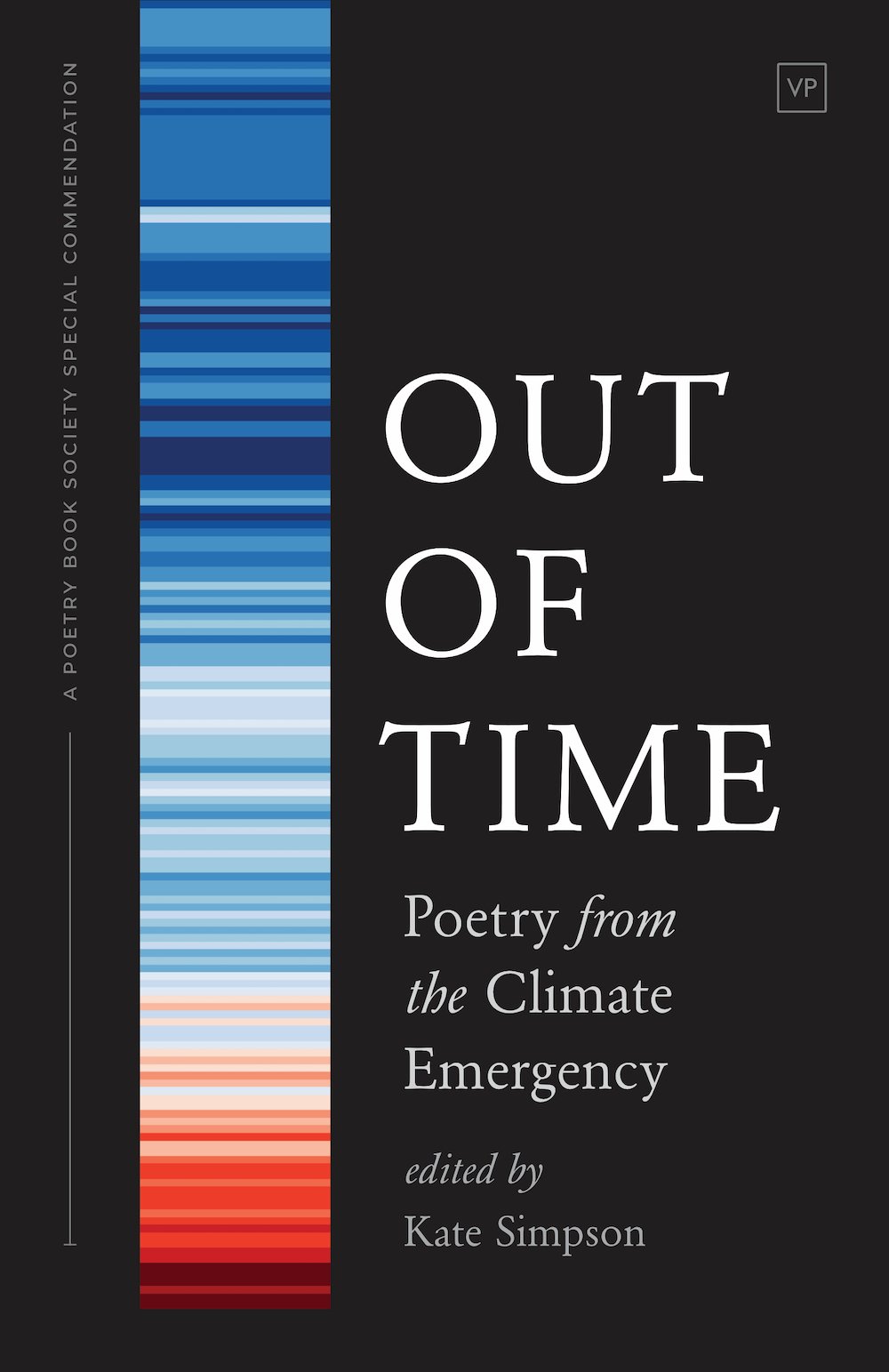The Ballad of Yellow Wednesday
Longlisted for the 2023 Laurel Prize
Highly Commended in the 2023 Forward Prizes
‘Emma Must is a guiding star of environmental activism and one of the most gifted poets of her generation. The Ballad of Yellow Wednesday is heroic in its sheer power and pure writing brilliance. Here is a poet who made things happen.’
– David Morley
‘Once in a while a book comes along which shows how poetry can change what we know, heartening and deepening our world. Must’s book is a tour de force, a scrutiny into a time strata of beautiful acts of resistance, revealing a group of activists to whom we should be thankful.’
– Sean Borodale
‘The blessing and burden of home is that it fixes us in a place and a time that we grow to love, bear responsibility for and sometimes have to defend. At a time of vanishing habitats and concomitant species decline, Emma Must's bold and vivid poems remind us to stand our ground against the machine of progress.’
– Em Strang
Longlisted for the 2023 Laurel Prize
Highly Commended in the 2023 Forward Prizes
‘Emma Must is a guiding star of environmental activism and one of the most gifted poets of her generation. The Ballad of Yellow Wednesday is heroic in its sheer power and pure writing brilliance. Here is a poet who made things happen.’
– David Morley
‘Once in a while a book comes along which shows how poetry can change what we know, heartening and deepening our world. Must’s book is a tour de force, a scrutiny into a time strata of beautiful acts of resistance, revealing a group of activists to whom we should be thankful.’
– Sean Borodale
‘The blessing and burden of home is that it fixes us in a place and a time that we grow to love, bear responsibility for and sometimes have to defend. At a time of vanishing habitats and concomitant species decline, Emma Must's bold and vivid poems remind us to stand our ground against the machine of progress.’
– Em Strang
Longlisted for the 2023 Laurel Prize
Highly Commended in the 2023 Forward Prizes
‘Emma Must is a guiding star of environmental activism and one of the most gifted poets of her generation. The Ballad of Yellow Wednesday is heroic in its sheer power and pure writing brilliance. Here is a poet who made things happen.’
– David Morley
‘Once in a while a book comes along which shows how poetry can change what we know, heartening and deepening our world. Must’s book is a tour de force, a scrutiny into a time strata of beautiful acts of resistance, revealing a group of activists to whom we should be thankful.’
– Sean Borodale
‘The blessing and burden of home is that it fixes us in a place and a time that we grow to love, bear responsibility for and sometimes have to defend. At a time of vanishing habitats and concomitant species decline, Emma Must's bold and vivid poems remind us to stand our ground against the machine of progress.’
– Em Strang
Publisher’s Description
‘I wear Twyford as a wound. My mouth is raw. I am open for salvation.’
In 1992, a group of young people began to protest against the extension of the M3 motorway through Twyford Down outside Winchester – a new road that would, by the hands of the Conservative government, cut seven minutes off the journey time between London and Southampton, whilst carving through the chalk hill in one of England’s ‘protected’ Areas of Outstanding Natural Beauty. The Dongas Tribe, as they would later be known, named after the Matabele word for ‘gully’, radically altered the UK environmental movement, lauded by the Guardian as having ‘kickstarted a major shift in green attitudes in both government and the public.’ Twyford Down became a symbol for a further 1,000 protected heritage sites across the UK which were planned to undergo the same process, removing idiosyncrasy from the landscape and presenting an ideal for a country based on mobility and so-called ‘progress’.
Emma Must was awarded the Goldman Environmental Prize for her efforts towards land protection, including a period of detention in Holloway Prison as one of the ‘Twyford Seven’. Must’s searing collection, published 30 years after the Twyford protests, considers the role that language plays as witness to our actions on Earth. These powerful, moving and honest depictions of the Twyford protests explore the ways in which language reaches us, saves us, and fails to convince us. Here, the land reveals its histories to the reader, whilst protest actions entwine themselves around judicial statements, teetering between the active and passive voice, the human and non-human.
* * *
Royalties from each sale of this book will be donated to Transport Action Network and the A36/A350 Corridor Alliance.
About the Author
Emma Must is a poet living in Belfast. Formerly a full-time environmental campaigner, in 2021 she completed a PhD in English (Creative Writing) at Queen’s University Belfast, focusing on ecopoetry and ecocriticism. Her debut poetry pamphlet Notes on the Use of the Austrian Scythe (2015) won the Templar Portfolio Award. Her poem ‘Toll’ won the Environmental Defenders Prize in the 2019 Ginkgo Prize for Ecopoetry and is included in Out of Time: Poetry from the Climate Emergency, edited by Kate Simpson (Valley Press, 2021).
Vital Statistics
Imprint: Valley Press
Edition: First (December 2022)
Paperback ISBN: 9781915606044
Catalogue number: VP0210
Page count: 104
Trim size: 198x129mm





